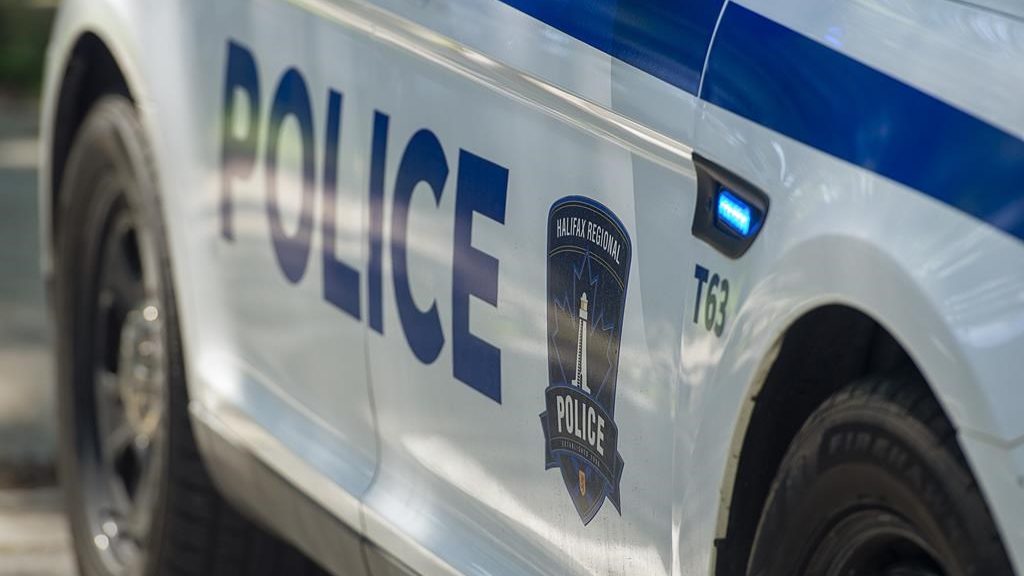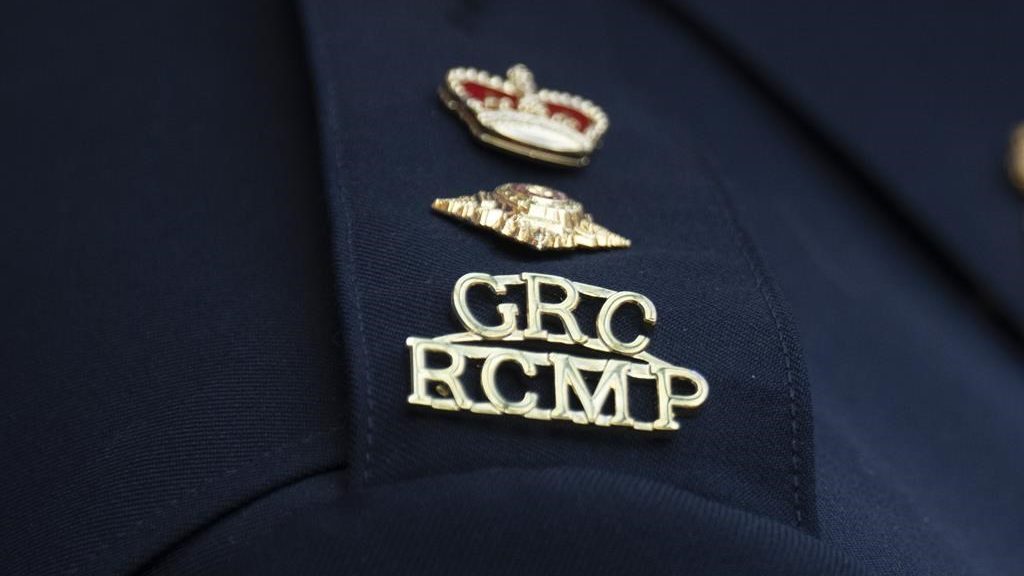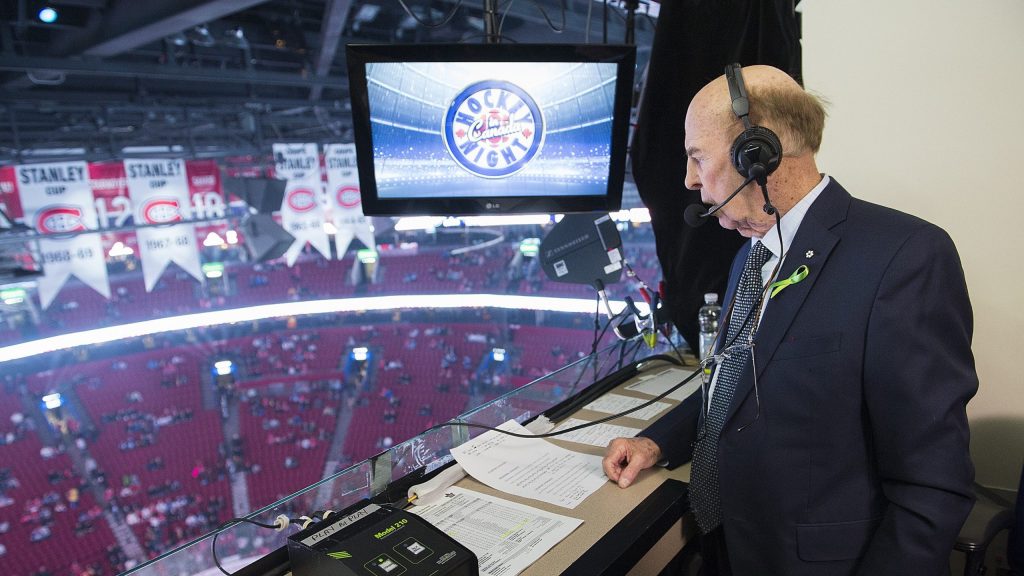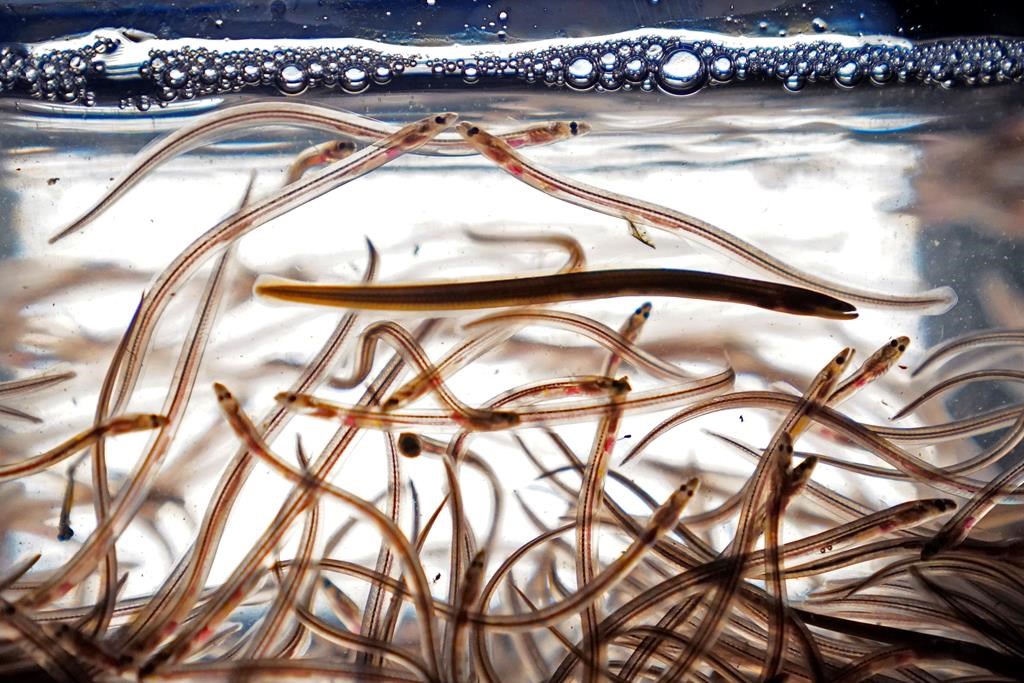Investor sues Apple over plan to eliminate preferred stock, wants more cash
Posted Feb 8, 2013 01:58:27 AM.
This article is more than 5 years old.
NEW YORK, N.Y. – With its annual meeting looming and its stock on the decline, Apple is facing a rebellion from an influential investor who wants the company to stop stockpiling cash and give it to shareholders instead.
Greenlight Capital said Thursday that it is suing Apple in a New York federal court over the company’s proposal to make it more difficult for it to issue preferred stock. David Einhorn, who heads the investment fund, said the proposal would close down one avenue for Apple to reward shareholders with more cash.
Preferred stock is designed primarily as a way for companies to deliver a fixed income to shareholders. It differs from common stock, which generally doesn’t promise a regular flow of income but rather is a wager on a company’s long-term growth.
Apple is still the world’s most valuable company, but its stock has lost 35 per cent of its value since September, as it’s become obvious that its once-rapid growth has slowed down. The company is fabulously profitable, and Wall Street wants the company to share more of that money with its shareholders rather than tucking it away in low-yielding bank accounts.
“Apple has $145 per share of cash on its balance sheet. As a shareholder, this is your money,” Einhorn said in a letter to the company. He has a history of criticizing companies publicly, often after shorting their stocks.
In a statement Thursday, Apple said its management and board continue “active discussions” about what to do with the money, and it will take Einhorn’s proposal into consideration.
Its $137 billion in cash makes up nearly a third of Apple’s stock market value. Shares of the Cupertino, Calif., company traded at $456.95 in the late afternoon, up $2.25, or 0.5 per cent, from Wednesday’s close.
Corporations normally don’t hoard cash the way Apple does. They keep enough on hand for immediate needs, and either invest the rest in their operations or hand it out to shareholders in the form of dividends or stock buybacks. If they need more cash for, say, an acquisition, they borrow it.
Einhorn told CNBC on Thursday that Apple was acting like his grandmother “Roz,” who grew up during the Great Depression. People who’ve experienced financial trauma, he said “sometimes feel like they can never have enough cash.”
Roz was so careful about saving money, Einhorn said, that she never left messages on his answering machine out of concern that she’d be charged for the call.
Einhorn’s criticism hints at Apple’s lean years in the mid-90s. Former CEO Steve Jobs came out of that experience with a very tight hold on the company’s purse strings. Apple has never explained its reasons for hoarding the cash other than to say it is preserving its options. Since his death in Oct. 2011, Apple has begun paying a quarterly dividend of $2.65 per share and started to repurchase some of its shares.
Analysts say the company should be doing more if it wants to lure investors back to its shares. Stuart Jeffrey at Nomura Securities calculates that Apple will generate about another $103 billion over three years to add to the $137 billion it has now, but it has only committed to returning $45 billion of this $240 billion in total cash to shareholders.
Wall Street didn’t complain much about Apple’s hoarding policies until its revenue growth started slowing. In the recent holiday quarter, Apple’s revenue rose 18 per cent from a year ago — a very good figure for a company of its size, but a far cry from the 50 per cent-plus increases it has often posted since the 2007 launch of the first iPhone. Apple hasn’t launched a new ground-breaking product since the iPad in 2010, so the company is forced to expand the appeal of its current products to achieve growth.
The slowing growth has scared away investors who focus on fast-growing companies, and the relatively small dividend means the company doesn’t get much respect from investors who look for regular income, analysts say.
Greenlight, a shareholder since 2010 with 1.3 million Apple shares worth nearly $600 million, wants Apple to create a class of preferred stock that carries a higher dividend, and give it away to current shareholders. That way, he believes the company would appeal to value investors and those who are risk-averse.
Einhorn said his firm has been talking to Apple over the past several months about the creation of the new share class. Apple, he said, rejected the idea in September. The company doesn’t currently issue preferred stock. At its annual meeting on Feb. 27, it plans to ask shareholders to approve a measure that would force the board to get shareholder approval before issuing preferred shares.
Apple said in its proxy statement filed with the Securities and Exchange Commission that its board does not plan to issue preferred stock in the future and believes it is “appropriate” to eliminate the possibility from its charter.
Greenlight urges Apple shareholders to vote against the proposal. In the lawsuit, it claims that the proposal bundles three distinct proposals that the SEC requires to be separated so shareholders can vote on each one.
In its statement, Apple said that even if the proposal passes, it could still adopt Greenlight’s concept and issue preferred stock.
Apple has at least one major shareholder on its side. The California Public Employees’ Retirement System, the country’s largest pension fund, said in an SEC filing Monday that it will vote for Apple’s proposal, which would also let shareholders vote against directors. CalPERS owns 2.7 million Apple shares, nearly three times as many as Greenlight.










